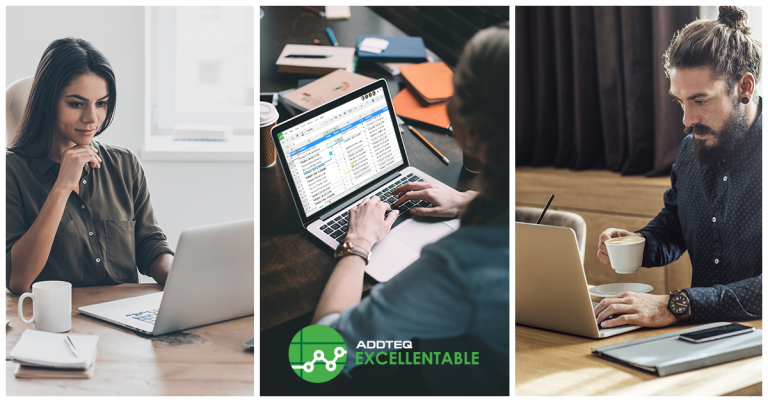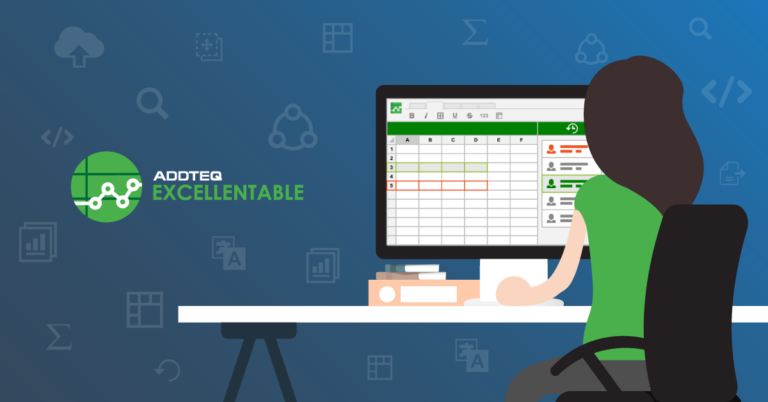I attended the 2022 M-Enabling Summit in Washington DC on 24th October. M-Enabling Summit brings together key decision-makers from all sectors facilitating unique exchanges, collaborations, solutions-sharing and thought leadership activities. This blog details the key takeaways from the summit
The attendees and speakers included representatives from 22 different countries and organizations like Microsoft, Google, Amazon, Deque Systems, Siteimprove, and federal government agencies like US Justice Department, the US Access board, and many more.
Some of the topics covered include: how covid impacted the accessibility industry in a positive manner, the metaverse virtual reality, updates from the legal landscape for the industry, the importance of user lead testing, and why companies need to have a diverse culture to foster accessibility.
Keynote address – Accessibility strategy
The keynote address was given by John Kemp- the President & CEO of Lakeshore Foundation based in Alabama. John Kemp was born with no arms and no legs and now uses prosthetic limbs. He is also a lawyer who has worked with federal government agencies such as the EPA. John is also a disability rights advocate and was one of the people who convince Congress to write the legislation that would later become the ADA civil rights act.
The keynote was regarding “Concrete strategies for redesigning work and its processes to embrace all contributing citizens”.
Ways to incorporate disability support into a business’ diversity and inclusion practices and initiatives
Methods for reducing the massive cost associated with government disability support payments and repurposing these as investments in the human potential of people with disabilities
Some of the key takeaways from John’s speech include: people with disabilities are human, people with disabilities need to be a part of the testing process for companies who are invested in digital accessibility (nothing for us without us.), and that digital accessibility makes everyone’s life better no matter if you have a disability or not.
Other Takeaways
Some major takeaways from the entire conference include:
The accessibility community is stronger together when we work alongside one another and not against each other.
Companies and organizations no matter what industry or size, need an accessibility champion who advocates for digital inclusion at all levels of the organization
Digital accessibility is an ongoing journey and not just a one-time activity or just a legal requirement.
Organizations need to invest in DIA (Diversity Inclusiveness and Accessibility) in the processes of recruitment, interviewing, hiring, and onboarding while the employee is working for the company.
Accessibility does not just impact the disability community but also has positive effects on all people which is also referred to as a universal design for all.
If a company makes something accessible for people with disabilities it can also make the lives of those who don’t have a disability better which makes everyone’s life better.
Finally, accessibility is not just a legal requirement in many countries but also that it is just morally the right thing to do.
If you do not have accessible tools, you are reducing the potential market size (Not just the people who need accessibility, but also the teams where having accessible tools and apps is a legal or moral requirement)
Although everyone may have come from different companies, different countries, and varying experiences with accessibility we all had the same goal in mind which is to make the world a more accessible and inclusive environment for people with all disabilities.
About the author:
Nathan Clark is a part of Addteq’s Unstoppable team. His chief priorities are making sure that the accessibility of Atlassian tools is maintained as per the guidelines set.





